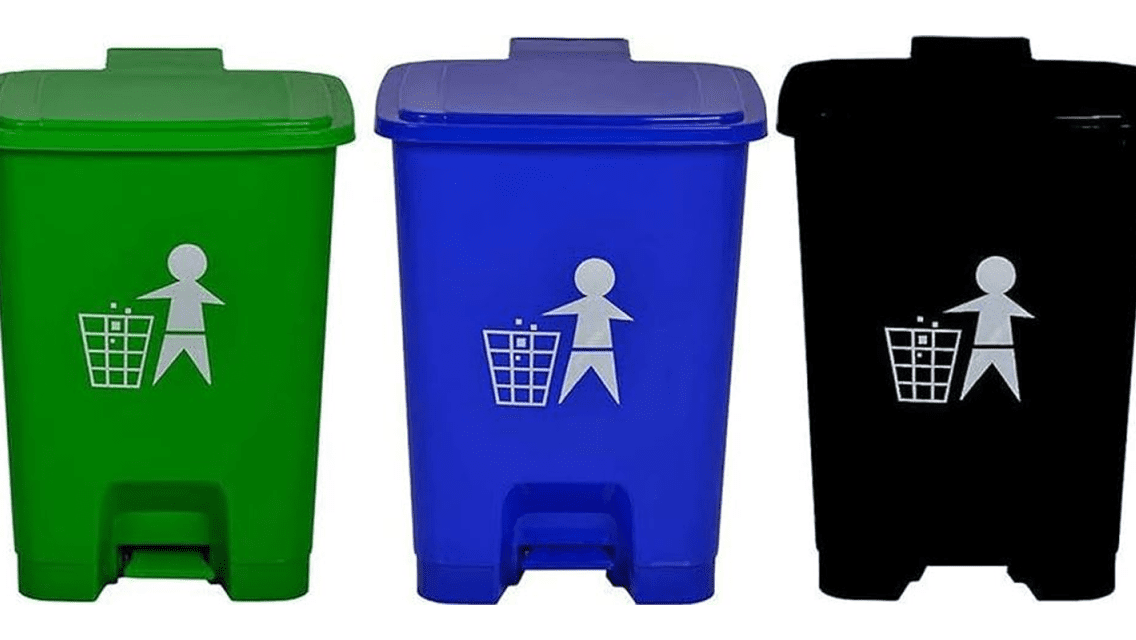Nema proposes new colour-coding system to improve waste segregation

Waste bins. Courtesy photo
The National Environmental Management Authority (Nema) has unveiled a proposed national colour-coding initiative designed to improve waste disposal practices across the country.
This initiative seeks to promote better waste separation and enhance recycling efforts for both public and private sectors.
According to the proposal, waste will be categorised into three(3) key types--organic, recyclable, and general waste.
Green will signify organic waste, blue will represent recyclable materials, and black will denote general waste.
This new system aligns with the Sustainable Waste Management Act, Section 12, which requires the Cabinet Secretary (CS), in collaboration with Nema and County Governments, to publish a national waste color-coding framework.
The current Environment CS is Aden Duale.
The proposed colour-coding strategy follows closely on the heels of another recent development--the introduction of a requirement mandating the use of fully biodegradable garbage bags for organic waste collection.
The directive, which came into effect after an April 8, 2024, notice, granted a 90-day window for compliance.
This directive applies to both public and private entities, including county governments, and licensed waste management companies.
Under this new rule, all organic waste produced by households, businesses, public institutions, and events, must be placed in 100 percent biodegradable bags or bin liners.
Nema's Director General, Mamo Mamo, emphasised the importance of continued innovation in producing effective biodegradable solutions.
He pointed out that although all plastics can technically be biodegradable, not all are compostable.
Mr Mamo suggested that the most suitable bags for organic waste would ideally be starch-based, allowing them to break down within weeks or months.
“Over 10 companies, primarily international, have shown interest in developing biodegradable garbage bags for the Kenyan market. The Kenya Bureau of Standards (Kebs) is currently evaluating these firms, and Nema anticipates that suitable biodegradable bags will be available within one to two months,” Mr Mamo dislosed.
With the 90-day grace period now over, conventional plastic bags or liners can no longer be legally used for organic waste collection.
Nema has encouraged households and companies to shift to biodegradable alternatives, stressing that this transition is essential for the sustainability of organic waste management in Kenya.

Be the First to Comment